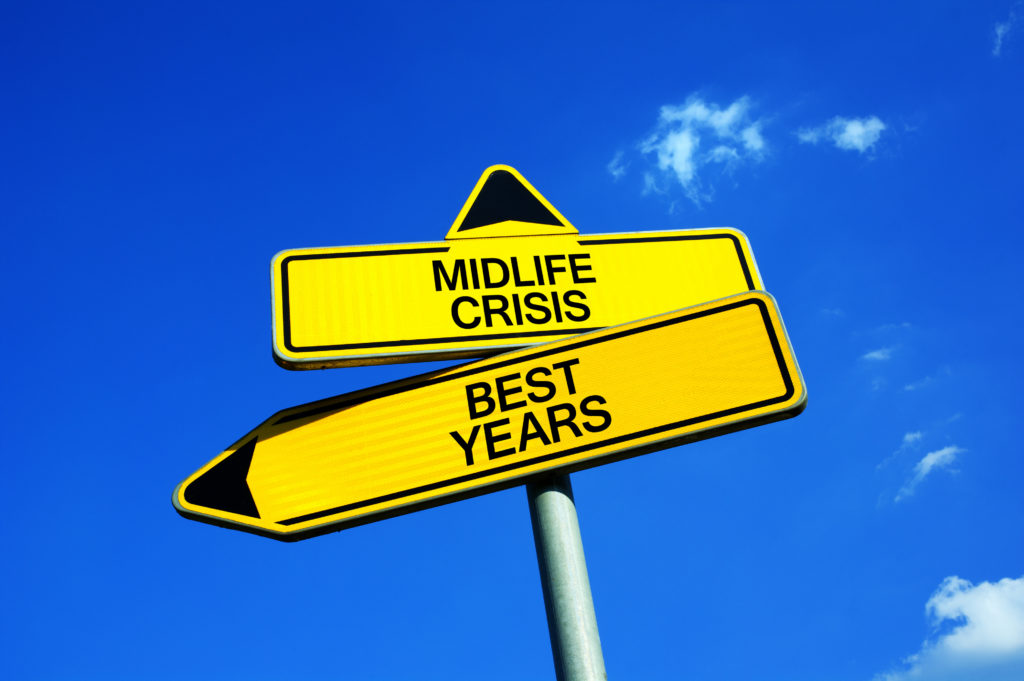Who reading this remembers adolescence? The changes in your body, the peer pressure, the emotional effects of hormones? For me, and for many people, adolescence was a crisis! Well, in my teenaged mind it was. Not having the right clothes or make up would be the end of my world. How many of us wished we could run away from our teenage life, change identities, sleep until adulthood, or even start over?
Once we came to the end of adolescence, how did we come out? Were we any different from when we entered this stage? We’re supposed to come out with a greater sense of freedom and responsibility as young adults, better capable of making decisions. We exit the stage with a greater acknowledgement of the people around us. This is supposed to increase our capacity for compassion and empathy, yet often increases our self-doubt/criticism.
What I’ve found for myself, and for many other women, is that as young adults we become hyperaware of others. We reign at compassion, nurturing, and making decisions that benefit most, even though it often doesn’t benefit us. Isn’t that the responsible thing to do?
Well, continually living this way is not sustainable long term. Eventually, sacrificing our own needs to benefit others leads us into a depleted state. Even so, many of us attempt to continue to give from an empty bucket. This can understandably cause us to “fall apart”.
I think this falling apart is what others consider a midlife crisis. No longer being able to sustain what we’ve learned to be the “right way” to live is a crisis. For many of us, the timing is not ideal. We tend to have a number of people (children, partners, parents, employers) dependent on us when this happens. Now that I think about it, that’s a bit of a catch 22: we create and feed these dependencies, nurturing other people to the point of no longer being able to meet their needs. We create milder versions of Venus Fly Traps from Little Shop of Horrors.
What if this crisis was more like a wake up call? What if this phase occurs to help us recognize that we aren’t supposed to live like this, that depleting ourselves to care for others is not the “right way”? What if this stage is supposed to teach us to look inwards, and base decisions from this point of view? What if we are, in some ways, re-living high school while in crisis? Do you ever get the feeling of wanting to retreat, become someone else, or have a do over? What if it is our second adolescence? If that is the case, then, on the other end, we are supposed to become even more mature, wiser adults! Adults who know that we should be looking for ways to care for ourselves first, then, in turn, use that energy to care for others.
So, what do we do? Well, if you think you are hitting your second adolescence, here are some suggestions:
- Acknowledge that life will get better after this stage and, at particularly difficult times, really remind yourself of this. How many of us as teenagers had a mentor tell us this? Remembering that this crisis has a purpose of leading us to a higher awareness will help you tolerate the really hard days. These days are a form of growing pains.
- Prep your loved ones for your full-on awakening by leading them to be more independent. You don’t want to just suddenly create all these boundaries and have your kids, partners, or coworkers left in a lurch, do you? Encouraging them to be less dependent on you can be a great way of easing them into your evolution.
- Practice spending time alone or doing something just for yourself in little doses, and build up slowly. This way, you can get used to what the other end will be like, and your crisis might not be as earth shattering. You can acclimate yourself and your loved ones easily into what your life will be like on the other end of your second adolescence.
- Be around women who are at the same stage you are — and include a few who are on the other end. These will be the women who get it, who understand your struggle. Having women who have already gone through this will give you perspective and remind you of how great life can be on the other end (just like the college students you knew when you were in high school). If you’ve already transitioned into higher adulthood, please take a woman in midlife crisis under your wings.
- If there are health concerns, talk to an expert. If you find one who knows about hormones, that’s a bonus! A doctor, a naturopath, a therapist, a nutritionist, an acupuncturist are all good options. I have to give a little shout out to my naturopath here. Dr. Lisa Watson knows all about women’s hormones. Check her out if you’re interested!
Perhaps our perspective of looking inward and outward is a pendulum shift. When we were born and young, we were more focused on ourselves. When we are at the mid-point of our lives, we focused on those around us; and finally, at the tail end of our lives, we look inwards again. As it swings, it can be a thrilling, even scary ride. Just hold on, you’ll be fine.



